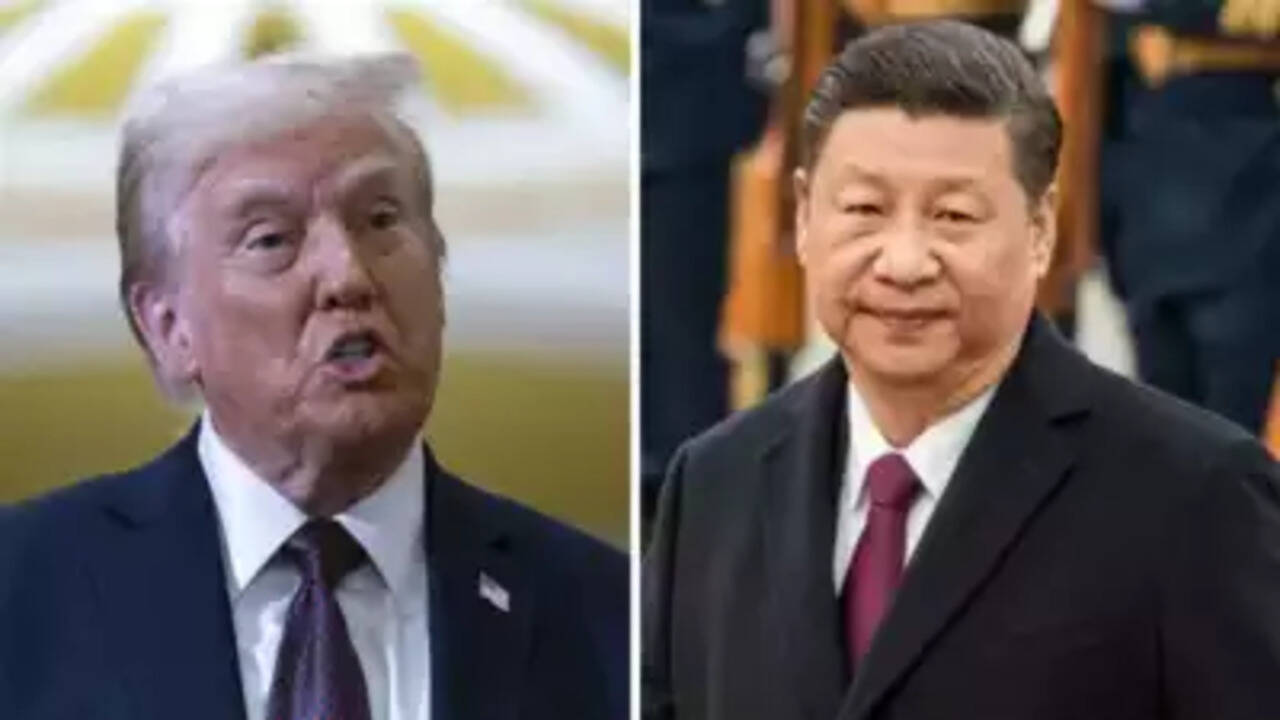Escalating Crisis of Sexual Violence in Eastern Congo
Amidst the fierce conflict in Eastern Congo, a horrifying rate of sexual violence plagues children, challenging humanitarian efforts and highlighting urgent funding needs.
Published April 12, 2025 - 00:04am

Image recovered from arabnews.com
The Democratic Republic of Congo (DRC) is currently witnessing an alarming rise in sexual violence, especially against children, amid ongoing conflict in its eastern regions. Reports indicate that this disturbing trend represents a systemic crisis, exacerbated by severe humanitarian funding shortages, hindering efforts to support survivors.
According to UNICEF, children, including very young toddlers, account for over a third of the nearly 10,000 cases of rape and other sexual assaults reported in just the first two months of the current year. The conflict, driven by the advances of M23 rebels, has resulted in unprecedented levels of violence, with heinous acts committed every thirty minutes on average. This tactic of war aims to instill terror and dismantle community structures, leaving devastating physical and psychological scars on victims and their communities.
UNICEF spokesperson James Elder, speaking from Goma, expressed grave concern over the impact of reduced humanitarian aid due to funding cuts by major international donors, such as the United States. These financial constraints have left survivors without essential medical care, including post-exposure prophylaxis kits necessary to prevent HIV infections. Elder highlighted that this funding gap has left over 127 rape survivors in one hospital alone without access to critical treatment.
The repercussions of these funding cuts extend beyond immediate healthcare needs, threatening broader health and safety initiatives in the DRC. As UNICEF battles to continue its work, vital services like vaccinations, malnutrition prevention, and clean water access are at risk for millions of children. The organization predicts dire outcomes if funds are not urgently secured to sustain their interventions.
The M23 rebellion, supported by external actors, such as Rwanda, has forcefully displaced over 230,000 individuals, contributing to the deteriorating humanitarian situation. Amidst this chaos, Elder shared the heart-wrenching story of a 13-year-old girl who, after being raped, became pregnant and was compelled to undergo a caesarean delivery due to her young age and physical immaturity.
This crisis underscores a call for intensified efforts from the global community, not merely in terms of aid but in delivering justice and rebuilding social frameworks that protect vulnerable populations. Elder stressed the necessity for robust survivor-centered services and secure mechanisms for reporting abuses, emphasizing the need for international solidarity and response.
Many health workers and volunteers remain resilient, striving to provide essential services despite the challenges. These frontline heroes play a crucial role in preserving gains in health outcomes and advocating for children's rights amidst adversity.
Ultimately, the ongoing situation in the DRC serves as a stark reminder of the interconnectedness of global humanitarian challenges. It demands immediate attention not only to address the current victims' plight but also to prevent the collapse of hard-earned developmental progress. Failure to act may lead to increased regional instability, impacting broader efforts to combat global health crises.





